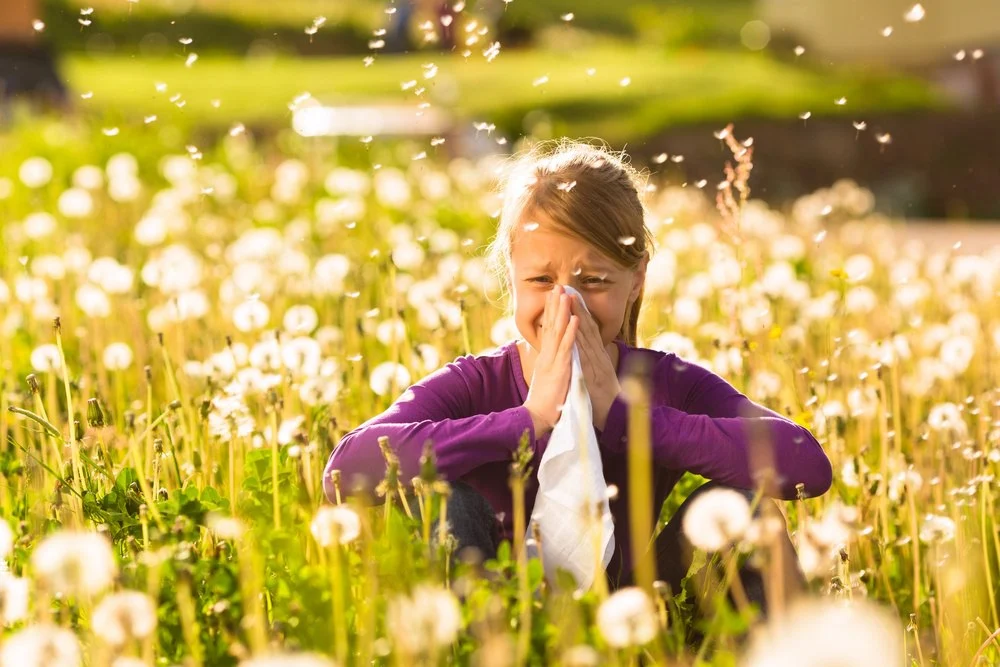Exploring the World of Salvestrols: Nature's Gift for Health
Salvestrols, a group of phytochemicals found in various plants, have piqued the curiosity of researchers and health enthusiasts alike. In recent years, studies have explored their potential health benefits, focusing on their antioxidant and anti-inflammatory properties. This blog post will delve into the captivating world of salvestrols, investigating their function, potential benefits, and the sources from which they can be obtained.
What are Salvestrols?
Salvestrols are a class of phytonutrients, natural compounds found in plants that play a vital role in maintaining optimal health. They are part of a broader group of plant-based compounds called phytoalexins, which plants produce to protect themselves from environmental stressors like pathogens, pests, and ultraviolet radiation. Interestingly, the compounds that protect plants from harm can also provide remarkable health benefits to humans.
Potential Benefits of Salvestrols
Antioxidant Activity
Salvestrols have been shown to possess antioxidant properties, helping to protect the body against the damaging effects of free radicals. By neutralizing free radicals, salvestrols may aid in preventing oxidative stress-related diseases, such as cardiovascular disease and neurodegenerative disorders.
Anti-inflammatory Properties
Inflammation plays a critical role in the development of many chronic diseases. Salvestrols have been found to exhibit anti-inflammatory properties, which may help to reduce inflammation and, in turn, the risk of associated diseases.
Immune System Support
Phytonutrients, including salvestrols, are known to support the immune system. By promoting optimal immune function, salvestrols may help the body fend off infections and maintain overall health.
Boosting Liver Health
The liver is a vital organ responsible for various essential functions, including detoxification and metabolism. Some research has suggested that salvestrols may help support liver health by promoting the proper functioning of detoxification enzymes. This, in turn, can help the liver to efficiently process and eliminate harmful substances from the body.
Skin Health
Phytochemicals, including salvestrols, have been shown to exhibit potential benefits for skin health. They may help protect the skin against the harmful effects of UV radiation, support collagen synthesis, and maintain overall skin integrity.
Sources of Salvestrols:
Salvestrols can be found in various fruits, vegetables, and herbs, with some of the most abundant sources being:
Cruciferous vegetables (e.g., broccoli, cabbage, kale, and Brussels sprouts)
Berries (e.g., blueberries, blackberries, and raspberries)
Grapes and red wine
Artichokes
Rosemary and sage
Incorporating Salvestrols into Your Diet:
To ensure you receive the maximum benefits of salvestrols, consider incorporating the following tips into your daily routine:
Eat a colorful diet rich in fruits and vegetables, as this will provide a diverse range of phytonutrients, including salvestrols.
Choose organic produce whenever possible, as it has been suggested that organic fruits and vegetables may contain higher levels of salvestrols compared to conventionally grown produce.
Opt for whole foods rather than supplements, as they provide a natural balance of nutrients that work synergistically for optimal health.
Conclusion:
Salvestrols offer promising potential for improving overall health through their antioxidant, anti-inflammatory, and immune-supporting properties. By incorporating salvestrol-rich foods into a balanced diet, you can take advantage of these remarkable phytonutrients and promote your overall health and well-being.
References
- Schaefer, S., Baum, M., Eisenbrand, G., Janzowski, C., Kulling, S. E., Montenegro, P. C., ... & Steinberg, P. (2011). Polyphenolic phytochemicals—just antioxidants or much more? Cellular and Molecular Life Sciences, 68(23), 3851-3865.
- Hecht, F., Pessoa, C. F., Gentile, L. B., Rosenthal, D., Carvalho, D. P., & Fortunato, R. S. (2016). The role of oxidative stress on breast cancer development and therapy. Tumor Biology, 37(4), 4281-4291.
- Alkhalaf, M., & El-Mowafy, A. (2013). Salvestrols: a new perspective in nutritional research. Journal of Nutrition & Food Sciences, 3(6), 1.
- Afaq, F., & Katiyar, S. K. (2011). Polyphenols: skin photoprotection and inhibition of photocarcinogenesis. Mini Reviews in Medicinal Chemistry, 11(14), 1200-1215.
- Huminiecki, L., & Horbańczuk, J. (2018). The functional genomic studies of resveratrol in respect to its anti-cancer effects. Biotechnology Advances, 36(6), 1699-1708.









